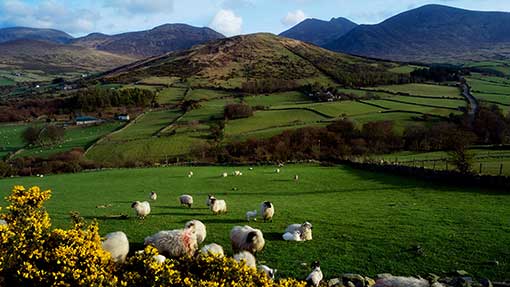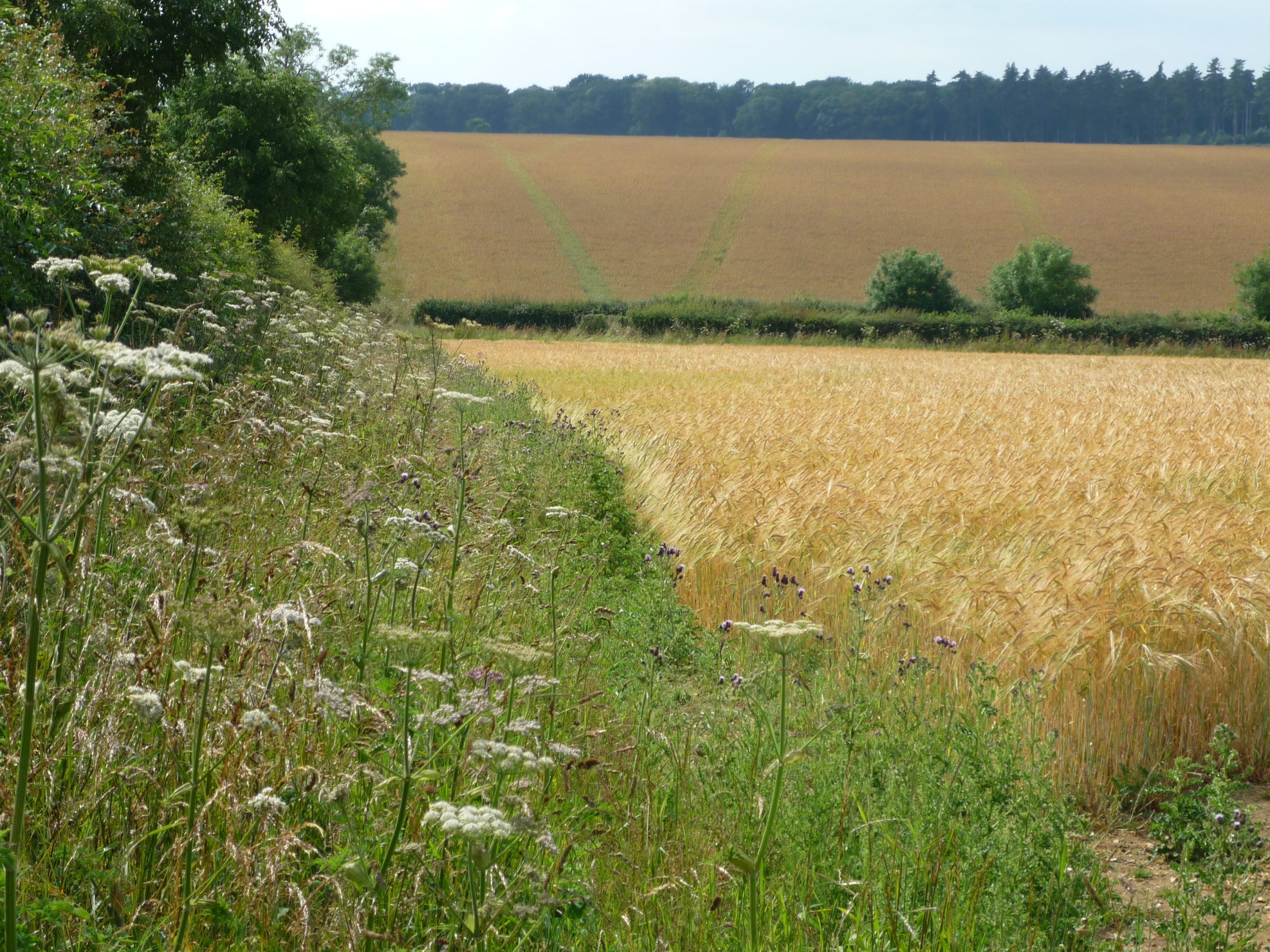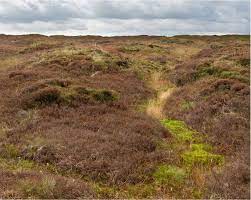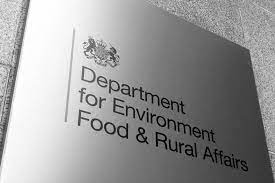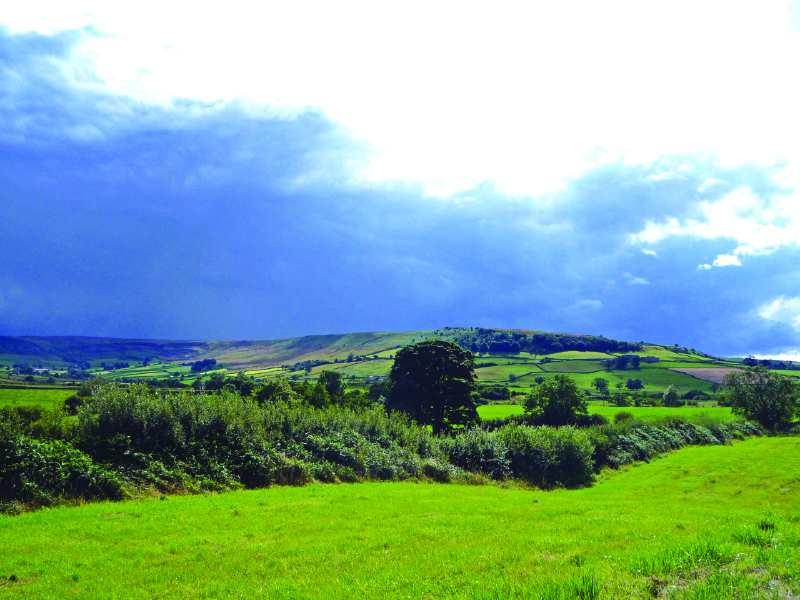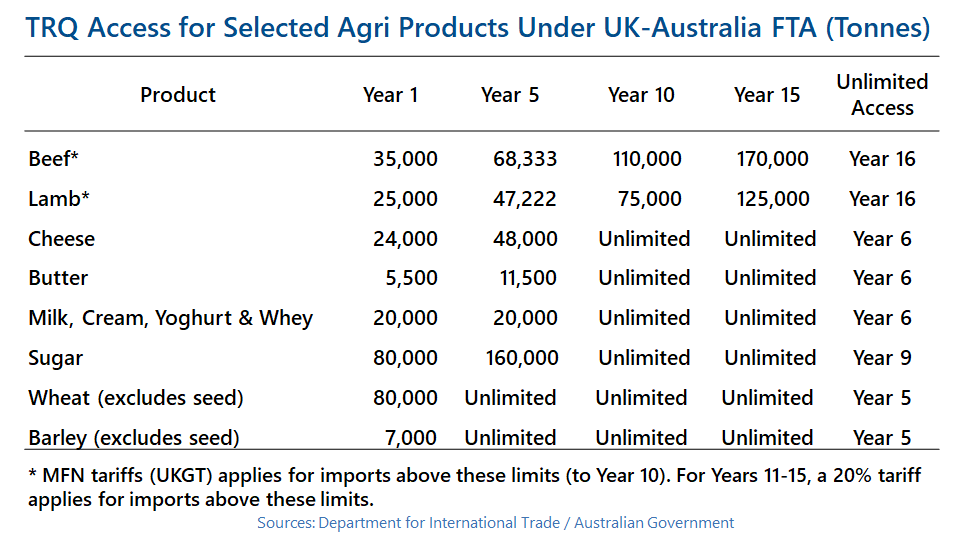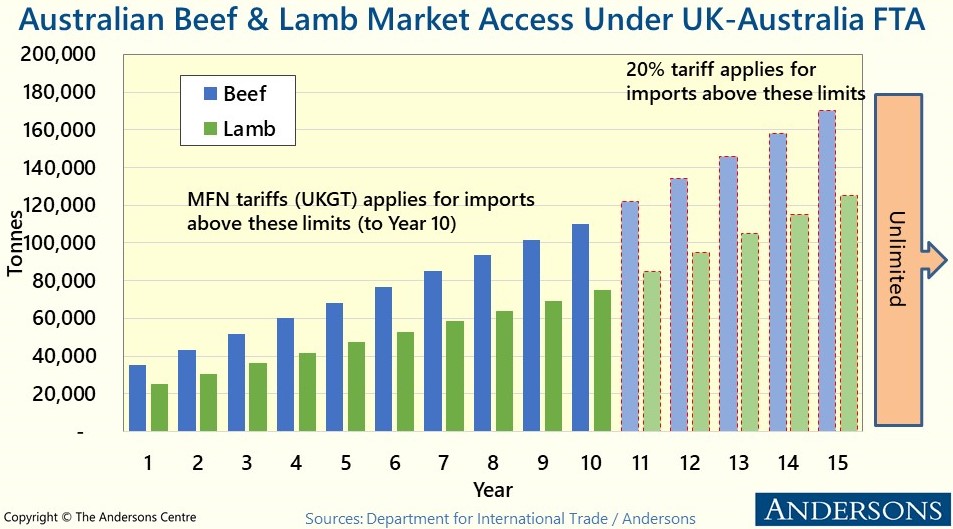Northern Ireland plans to continue with area-based direct payments as part of its new farm support proposals. However, they are likely to be lower than current levels and total receipts will be capped at relatively low levels. These proposals are set out in a consultation issued by the Northern Irish government and closely follow the Future Agricultural Policy Framework published in September (see https://abcbooks.co.uk/ni-farm-policy/).
There will be eight main ‘components’ of support;
- Resilience Measure: an area payment, but at lower levels than currently. Farm Sustainability Standards will replace cross-compliance but these will be amended and include new requirements like soil sampling, nutrient planning and data provision. There are proposals to alter the eligible land and active farmer definitions. Payments will start to be reduced after a threshold of £60,000. One proposal is to raise the minimum claim threshold to 10 hectares. There will also be a Crisis Framework put in place to deal with periods of very low market prices. Details are still to be worked out, but it will move away from the EU mechanisms such as Intervention and Private Storage Aid and likely be more focused on direct payments to farmers.
- Headage Sustainability Measure: 17% of the current support budget will be diverted into headage payments for suckler cows, a beef slaughter premium and possibly ewe headage payments. The suckler payment will be limited by quotas based on historic production. There will be requirements on maximum age at first calving and calving intervals to drive productivity improvements. The slaughter premium (‘Beef Transformation Measure’) will be targeted at getting animals finished earlier with the eventual aim of having all beef animals slaughtered by 24 months. it is not intended to bring in a ewe premium initially, but this will be kept under review.
- Farming For Nature: this will build on existing NI agri-environment schemes. The measures will evolve over time and the consultation indicates that funding will gradually shift from the Resilience measure so that this element becomes the ‘central plank’ of support. There will be trails of new schemes to see what works – there is a clear desire for collaboration and landscape-scale schemes to achieve a critical mass in habitats. Areas that will be focused on include hedges, walls, field margins, pollinators, buffer strips, tress (including agro-forestry and planting around farmyards), natural grasslands, farm ponds and control of invasive species.
- Farming for Carbon: there is less detail on precise measures under this heading as they are still being worked on. It is highlighted that removing low-productivity animals (via the headage payment system) will release land for other ‘carbon friendly’ uses such as forestry. Other areas being explored include feed supplements, livestock genetics, fertiliser additives, fertiliser application, increase use of legumes, peat restoration and increased use of anaerobic digestion.
- Investment: this primarily relates to grants for capital investment on farm. These will be targeted at items that improve productivity, innovation, cooperation and environmental outcomes.
- Knowledge: this is seen as key to the success of many of the other measures, with farmers’ education, knowledge and skills being vital to implement the improvements targeted. The measure will build on existing programmes such as Business Development Groups. Whilst the details are being worked on, there is a strong presumption that Continuous Professional Development (CPD) and lifelong learning will be part of the package. This may, in time, become compulsory in order to access funding.
- Generational Renewal: linked to the measure above, there is a view that getting farm businesses into the hands of younger people will drive innovation and lead to a better-skilled sector. The consultation proposes a Succession Planning Facilitation Service to prepare businesses.
- Supply Chains: the focus here is on farm-level issues rather than sector-wide measures as the latter will be covered in the Northern Ireland Food Strategy Framework. Measures being looked at include better market information to increase transparency, better training for farmers on the food chain, and support for collaboration between primary producers.
More details on the consultation can be found at – https://www.daera-ni.gov.uk/sites/default/files/consultations/daera/21.22.164%20Consultation%20on%20Future%20Agriculture%20Policy%20Proposals%20for%20NI.pdf . It runs until the 15th February 2022.
